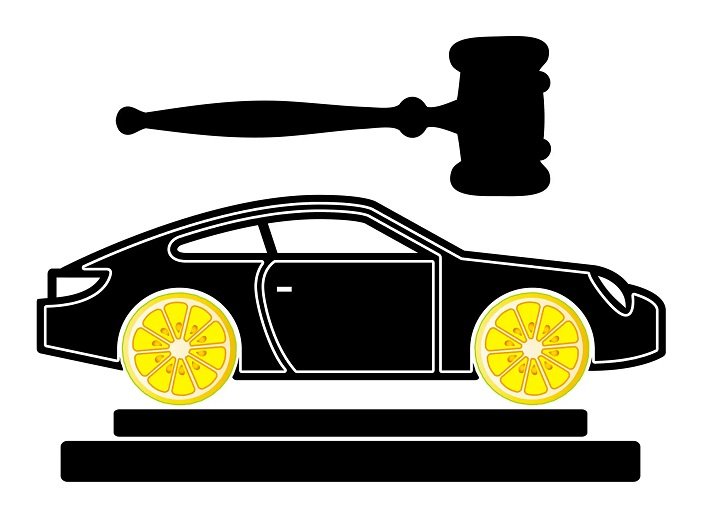The good news is that Virginia has a Lemon Law that protects consumers from buying defective vehicles. The bad news is that the law is not very clear and easy to understand.
That’s why we created this guide to help you navigate the Virginia Lemon Law and get the best outcome for your situation.
What is the Virginia Lemon Law?
The Virginia Lemon Law, officially titled the Virginia Motor Vehicle Warranty Enforcement Act, is a state law that gives rights to the owners of new vehicles that have serious defects or nonconformities.
These are problems that impair the use, value, or safety of the vehicle, and that cannot be fixed by the manufacturer or its authorized dealer after a reasonable number of attempts.
The law establishes a lemon law rights period that ends 18 months after the date of the vehicle’s original delivery to the consumer. During this period, the consumer must notify the manufacturer of the defect and give it a chance to repair it.
If the manufacturer fails to do so, the consumer can file a claim under the Virginia Lemon Law and demand a refund or a replacement vehicle.
How to File a Claim Under the Virginia Lemon Law?
To file a claim under the Virginia Lemon Law, you must meet one of the following requirements:
- You have taken your vehicle to the manufacturer or its authorized dealer for the same defect three or more times, and the defect still persists; or
- You have taken your vehicle to the manufacturer or its authorized dealer for a serious safety defect that could cause death or serious injury, and the defect still persists after one or more attempts; or
- Your vehicle has been out of service for more than 30 days in total due to defects covered by the warranty, and the defects still persist.
If you meet any of these requirements, you must send a written notice to the manufacturer, stating that you are invoking your rights under the Virginia Lemon Law. You must do this within the lemon law rights period, or within 60 days after the expiration of the manufacturer’s warranty, whichever comes first.
Once the manufacturer receives your notice, it has one final opportunity to repair your vehicle within 15 days. If it fails to do so, or if the defect still persists, you are entitled to a refund or a replacement vehicle.
How to Get a Refund or a Replacement Vehicle Under the Virginia Lemon Law
If your vehicle qualifies as a lemon under the Virginia Lemon Law, you can choose between a refund or a replacement vehicle. The manufacturer must comply with your choice within 40 days of receiving your notice.
If you choose a refund, the manufacturer must pay you the full purchase price of the vehicle, plus any sales tax, title fees, registration fees, and finance charges.
The replacement vehicle must be acceptable to you, and must not have any defects or nonconformities. The manufacturer must also pay for any sales tax, title fees, registration fees, and finance charges associated with the replacement vehicle.
In addition to a refund or a replacement vehicle, you may also be entitled to recover your incidental costs, such as towing fees, rental car fees, or attorney fees. However, you must prove that these costs were reasonable and necessary.
How to Get Legal Help Under the Virginia Lemon Law
Filing a claim under the Virginia Lemon Law can be a complicated and stressful process. You may encounter resistance or delays from the manufacturer, or you may not get the outcome you deserve.
A lemon law attorney can also help you protect your rights and get the best possible compensation for your lemon vehicle.
If you are looking for a lemon law attorney in Virginia, you can contact the Consumer Protection Section of the Office of the Attorney General. They can provide you with a list of qualified attorneys who specialize in lemon law cases.
Don’t let a lemon vehicle ruin your life. Get legal help today and get your money back or a new car under the Virginia Lemon Law.

